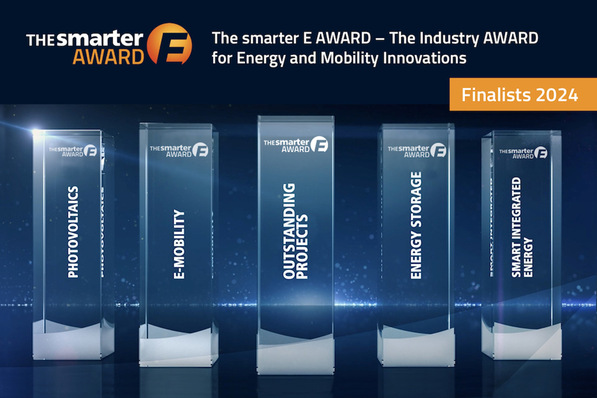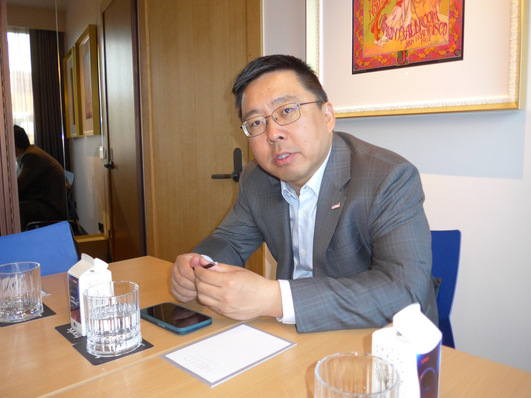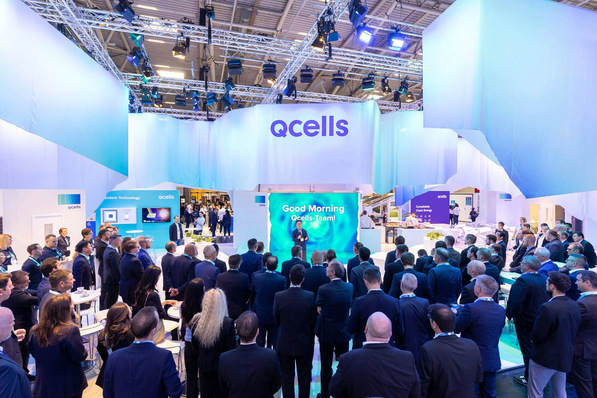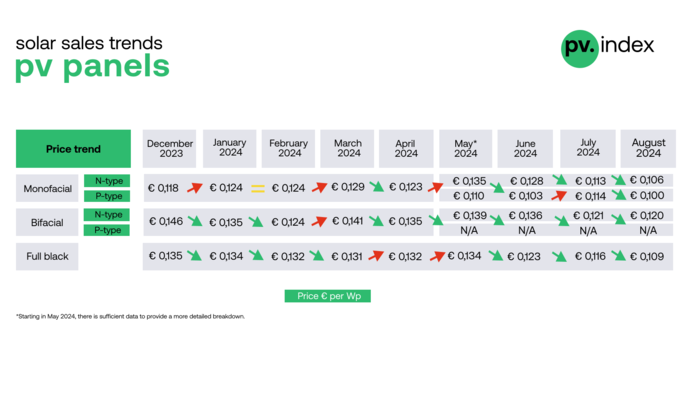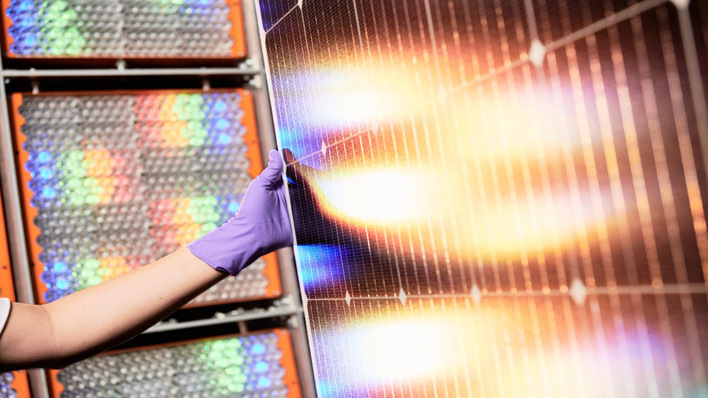Due to Meyer Burger’s proprietary heterojunction/SmartWire technology used in solar cell and solar module production, the wafers can be thinner than those used in mainstream products. As a result, and due to the primary energy used for the production of the polysilicon and silicon monocrystals (e.g. hydroelectric power from Norway), the European wafers have a particularly low carbon footprint and Meyer Burger’s solar modules now aim to set a new benchmark.
The parties are in ongoing discussions about an expansion of the wafer supplies for the coming years and along Meyer Burger’s planned growth.
Strategic re-establishment of European supply chain
“With the delivery of first quantities of wafers from European production, Meyer Burger closes the last gap in the strategic re-establishment of a European supply chain for the production of solar cells and solar modules,” said Daniel Menzel, Chief Operating Officer at Meyer Burger.
“Nevertheless, Meyer Burger will continue to balance the benefits of global supply chains, but with clear and unambiguous requirements for social, ecological and economic sustainability,” Menzel added.
Did you miss that? Call for scale up of European Solar PV Industry
Meyer Burger has already focused on re-establishing resilient supply chains since its strategy shift in 2020. As part of its global multi-sourcing strategy, the company sources key components, such as solar glass, foils, cell connectors, chemicals and process gases used for solar cell and solar module production already partly in Europe.
The company continuously monitors the strategic independence of its supply chains and always adjusts them in such a way that, as far as possible, no undesired dependencies affect the ongoing production process and the planned expansion and growth of the company. (hcn)
Also interesting: Meyer Burger produces fewer modules than planned


